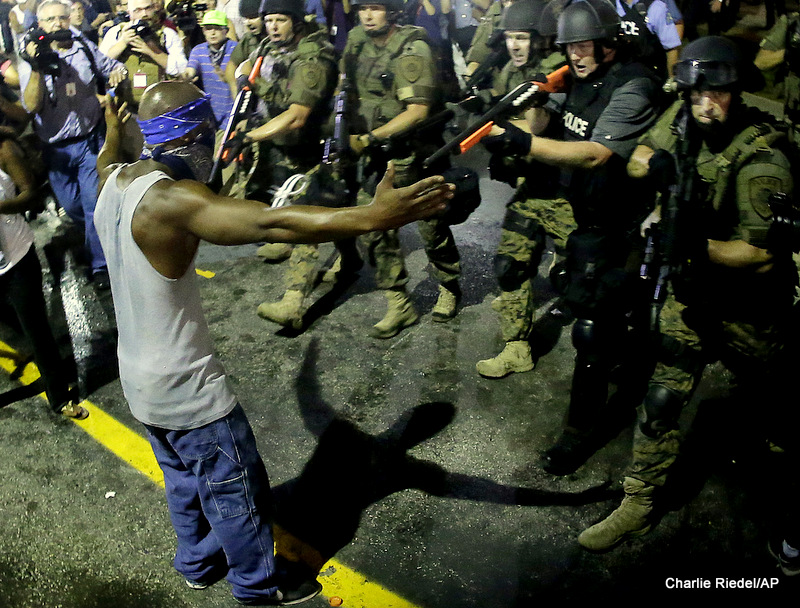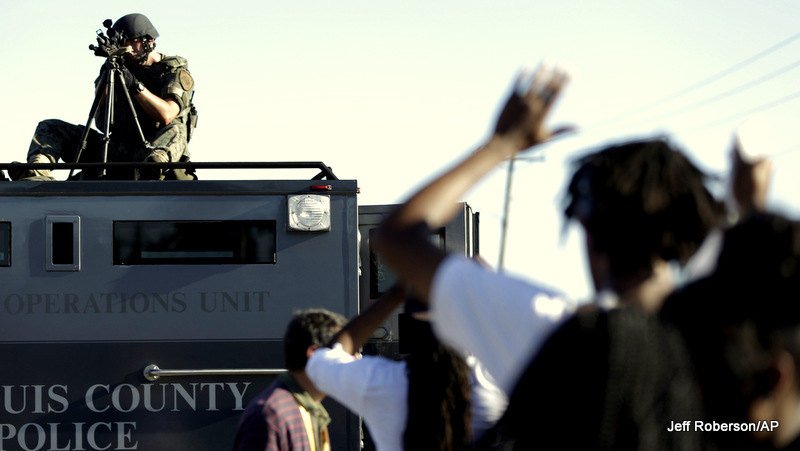
FERGUSON, Mo. — A California-based group has distributed and trained some Ferguson residents on how to use body cameras to record police.
We Copwatch raised more than $6,000 to purchase 110 of the small devices to give to residents over the weekend, the St. Louis Post-Dispatch reported.
The organization joined Ferguson-based activists the Canfield Watchmen to meet with about two dozen residents near the site where Michael Brown was fatally shot last month by a Ferguson police officer.
David Whitt, a spokesman for the Canfield Watchmen, said that the body cameras offer people the ability to “challenge the police narrative.”
Ferguson’s police chief, Thomas Jackson, said residents are entitled to wear and use the small cameras. He also said the department’s officers have been told not to interfere with that right.
“And really, many members of the public have already been (taking videos of police) with cameras in their phones,” Jackson said.
Two companies last month donated 50 body cameras to the Ferguson Police Department. Last week, St. Louis County police began issuing cameras to officers, with the goal of equipping all patrol officers as soon as possible.
Jacob Crawford, a We Copwatch staff member, led Saturday’s training session with a presentation on a person’s rights during police interactions. Crawford, 36, works as an investigator for a San Francisco law firm and has traveled to U.S. cities where there have been protests over police shootings.
“Police are allowed to walk up to anyone they like and ask questions,” he said. “Police like consent. They can use your consent in court against you.”
He advised against consenting to a search, but cautioned that physically interfering with one would not stop it and could lead to an arrest.
Some in the Crawford’s audience interrupted him and called some of his instructions unrealistic.
“But, sir, in a real scenario, it doesn’t always happen like that,” said Ermon Trotter Jr., 46, a minister from Florissant. “If a black man starts to ask why he’s being detained, a cop will scream, ‘Shut up!'”
Crawford acknowledged some of his advice wouldn’t fit every police encounter.
“Sometimes the best thing to do is just stay calm,” he said.
To which Whitt added, “And turn on your camera.”


